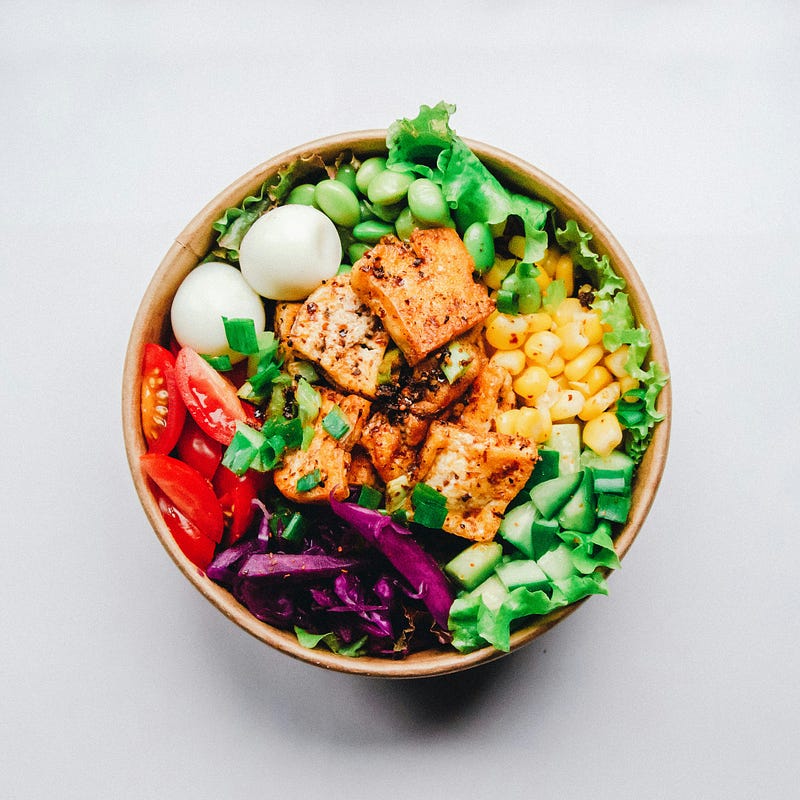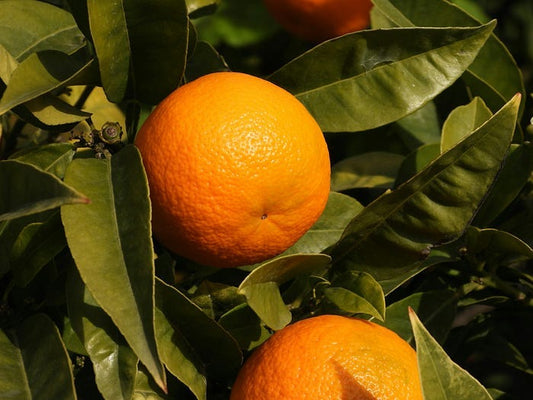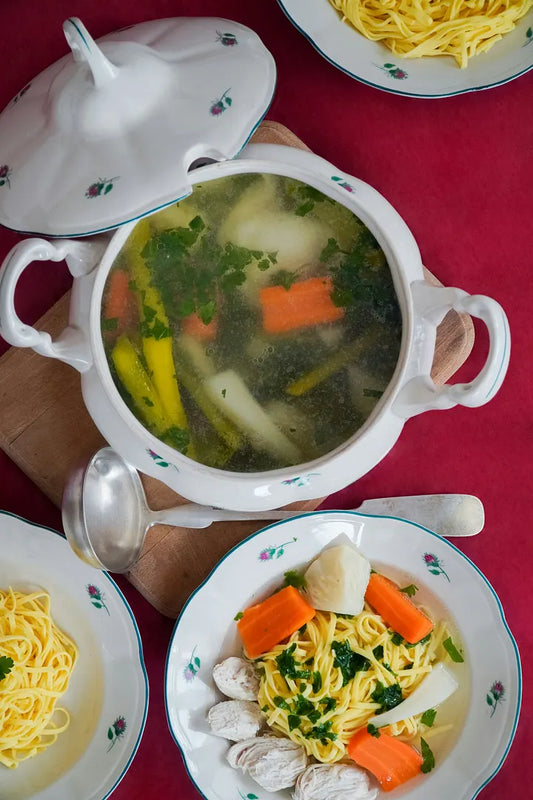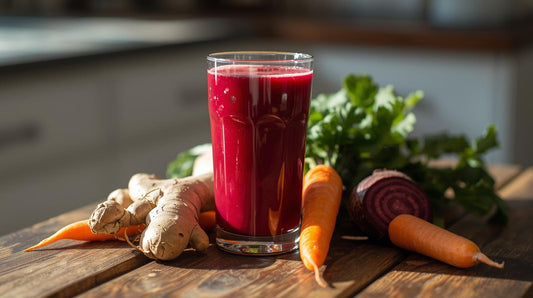
Food vs. Stress: My Strategy for Winning
Oksana RozponczykShare
Feeling stressed? Your brain and your gut are already having a quiet chat about it. Let me unpack that conversation for you.
Photo by Anna Pelzer on Unsplash
In my practice, I often explain that this isn’t a question of willpower, but biochemistry. The key is gradually building awareness of your own body and its reactions. Instead of restriction, I encourage observation: in what situations do you reach for food under the influence of emotion? What else could you do to decompress? Sometimes, just five minutes of deep breathing or a short stroll is enough.
The research I follow consistently confirms that the Mediterranean diet is your best ally in fighting stress. This is why my clients and I work on incorporating more vegetables, fruit, wholegrains, nuts, and healthy fats. This isn’t just about nourishing the body; it’s tangible support for your brain and your gut — which, we often forget, are powerfully connected to the brain via the gut-brain axis.
It’s also worth paying attention to specific foods that have supportive properties. For example, green tea (thanks to L-theanine) can have a gentle calming effect, and walnuts provide those all-important omega-3s for brain health.
However, remember that there is no one-size-fits-all ‘perfect’ diet. What works for one person may not work for another. My role as your dietitian is to help you find your individual path — one that won’t become another source of stress, but a consistent part of your self-care routine.
If you feel stress is taking control of your food choices, please don’t struggle on alone. Often, just a few small, mindful changes are enough to break the cycle and regain your calm.




